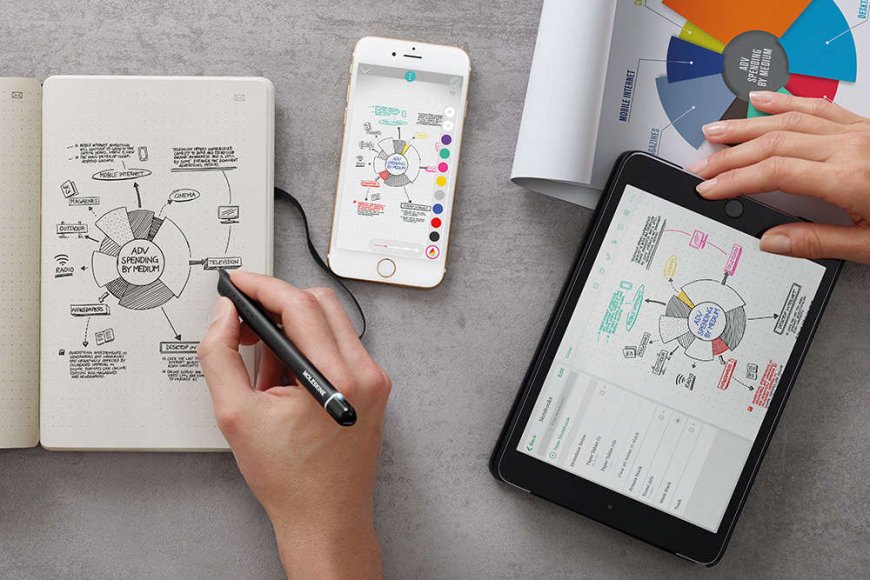Digital pen helps you learn to write
researchers have studied artificial intelligence algorithms that allow handwriting reconstruction and handwriting interpretation.

It can also be written on paper.
Led by the Institute of Technology researchers have studied artificial intelligence algorithms that allow handwriting reconstruction and handwriting interpretation. A smart learning tool would benefit most learners.
Learning to write handwriting is done with quite a bit of practice and involves a significant investment of energy for both teachers and parents, not to mention elementary school students. However, handwriting is required, even if the phone or computer keypad is a practical and virtually always accessible alternative. Repeated studies have shown that manually writing text produces better quality results than typing.
The new project aims to help people (especially students) write handwriting in combination with digital media. The smart digital pen is similar to a traditional pen and can also be written on paper. But it is equipped with inertial sensors that record the smallest changes in the spatial axes and thus detect any position in space. The smart digital pen can be connected to any commercially available mobile terminal, including a tablet, and works with the mobile linguistic application to customize exercises, synchronize and store data automatically.
"The combined use of a smart digital pen and the right computer program automatically supports learning to learn. This gives both teachers and parents more freedom in creative and communication tasks," said by Professor Institute for Information.
Professor Jürgen Becker's research group is studying algorithms for handwriting reconstruction and handwriting interpretation. Researchers are developing different concepts for integrating AI algorithms depending on the embedded hardware. The goal is to enable online reconstruction of the write path from sensor data and to develop efficient and miniaturizable hardware that can work with all commercially available mobile terminals. Dr. Tanja Harbaum (ITIV), one of the leaders in the research, stressed that there are great opportunities in the smart digital pen, especially for schools.
